
Part 1 Chapter 6
Freddie
Mother had set aside her youthful ambition to become a writer in exchange for motherhood and marriage to a promising young barrister. But it had cost her. I was only twelve when I came upon the first signs of “mother’s ruin,” the many Beefeater bottles tucked in the back of her lingerie drawer, hidden behind canisters of flour and coffee, or at the bottom of a clothes hamper. Over the years, her once animated, heart-shaped face had become fixed, a mask concealing more than I would ever know. My affection for her, though tinged with pity, was insurmountable
In fact, I felt sorry for both of them. When I was ten, my brother Freddie died in a drowning accident at the age of fourteen. His death left a gaping hole in all our lives, but it was particularly hard on my parents. I lost a brother I looked up to and admired. But they lost a son.
It was only natural that they’d become protective of me after the accident. I understood that. But at times, I felt like a chunk of saltwater taffy, pulled in opposite directions by the two people I loved most in the world.
My father had always hoped Freddie would follow him into the law. When fate removed that possibility, he transferred that wish to me. He was always talking about Ivy Williams and Helena Normanton, who’d been the first women admitted to the bar.
“There’s no reason why you can’t do that, too,” he would say with his booming gong of a voice. “And it doesn’t hurt to have someone in the family who already knows the ropes, you know.”
He had called me into his study and sat behind his desk chewing on the tip of his unlit pipe the first time he said this. I’d felt as if I were being asked to volunteer for a suicide mission. “I wouldn’t get in your way, of course, but you could always turn to me if the need arose,” he said. “In time, you might even be able to take the silk, rising to the rank of King’s Counsel.”
I wondered if he’d have felt the need to offer similar assistance to Freddie had he lived. To what extent was his generosity fueled by the fact that I was a girl, given to emotion and other inadequacies? But it did not matter. I had no interest in a legal career.
Nor did I wish to pursue the course my mother laid before me. She was glad when I was accepted to Cambridge, but her idea of a higher education was that I should become a suitable spouse for a wealthy, ambitious young man. She might as well have been promoting a marriage out of Pride and Prejudice. Instead of becoming adept at painting and the piano as young ladies did in the time of Jane Austen, I was to become the glib companion of some as-yet-unknown man who might one day become Prime Minister.
But I wanted no Mr. Darcy. I wanted love. And for a while, I had secretly hoped to become a writer. I often scribbled poems in my diary and imagined what it might be like to pen an entire novel populated by creatures of my own imagination. I even started a novel while I was at Cambridge, an experience that felt more right than anything I’d ever done.
It was during this time that I discovered an unfinished novel of my mother’s while rummaging about our attic. I sat on the floor in the slatted light of a louvered gable, reading the yellowed pages of what could have been a remarkable book if only she’d finished. It was enough to bring my own ambitions to a screeching halt. I felt I’d never be able to write anything nearly as good. Seeing what she might have become, it seemed all the more pathetic that she should forego her talent for family life, only to succumb to alcohol after Freddie’s death.
If losing him had made my parents fiercely protective of me, it caused me to feel the same about them. The war with Hitler only exacerbated my apprehensions about their safety.
“You need to get out of London, too,” I told them. We had just taken our seats in a musty compartment, which retained the odor of every cigar that had ever been smoked there.
My mother patted my hand and pressed her lips. “We’ll be fine,” she said. But the gesture seemed to contradict her words. “We’re heading to East Anglia in just a few days. It’s far too tight for all three of us with your grandparents hobbling about. And frankly, it will be a comfort for us to know you’re safe in far-away America.”
“Yes,” I said ruefully. “Far-away and stubbornly isolationist.”
End of Part 1, Chapter 6
©2021 Andrew Jazprose Hill
Thanks for reading/listening

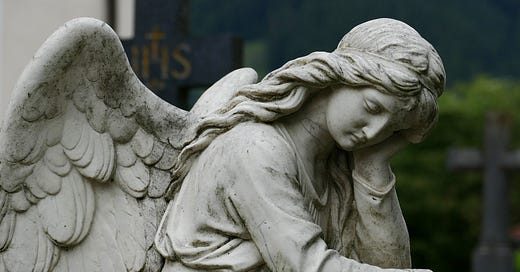




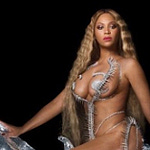
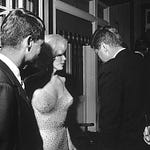


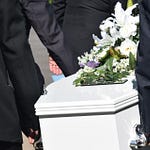
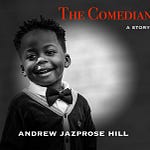
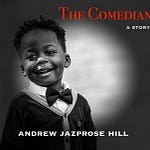
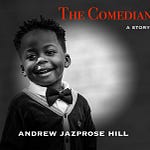
Share this post